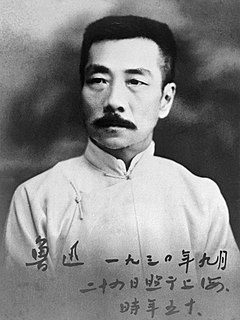A Quote by Kenneth Scott Latourette
Hinduism's basic tenet is that many roads exist by which men have pursued and still pursue their quest for the truth and that none has universal validity.
Related Quotes
I look to Islamic ethics to find something that can provide the basis for shared values with other traditions, and ultimately universal values. This ties into the point I made in a book, 'The Quest for Meaning', that the only way for values to be universal is if they are shared universal values. My main point is, in this quest for value the aim is not to express your distinctness from others, but about being able to contribute to the discussion of universal value.
It is a special kind of enlightenment to have this feeling that the usual, the way things normally are, is odduncanny and highly improbable. G.K.Chesterton once said that it is one thing to be amazed at gorgon or a griffin, creatures which do not exist; but it is quite another and much higher thing to be amazed at a rhinoceros or a giraffe, creatures which do exist and look as if they don't. This feeling of universal oddity includes a basic and intense wondering about the sense of things.
In this book it is spoken of the Sephiroth and the Paths; of Spirits and Conjurations; of Gods, Spheres, Planes, and many other things which may or may not exist. It is immaterial whether these exist or not. By doing certain things certain results will follow; students are most earnestly warned against attributing objective reality or philosophic validity to any of them.
Sociological method as we practice it rests wholly on the basic principle that social facts must be studied as things, that is, as realities external to the individual. There is no principle for which we have received more criticism; but none is more fundamental. Indubitably for sociology to be possible, it must above all have an object all its own. It must take cognizance of a reality which is not in the domain of other sciences... there can be no sociology unless societies exist, and that societies cannot exist if there are only individuals.
Truth is a mobile army of metaphors, metonyms, anthropomorphisms, in short a sum of human relations which have been subjected to poetic and rhetorical intensification, translation and decoration […]; truths are illusions of which we have forgotten that they are illusions, metaphors which have become worn by frequent use and have lost all sensuous vigour […]. Yet we still do not know where the drive to truth comes from, for so far we have only heard about the obligation to be truthful which society imposes in order to exist" from, "On Truth and Lying in a Non-Moral Sense".
It is remarkable that, notwithstanding the universal favor with which the New Testament is outwardly received, and even the bigotry with which it is defended, there is no hospitality shown to, there is no appreciation of, the order of truth with which it deals. I know of no book that has so few readers. There is none so truly strange, and heretical, and unpopular. To Christians, no less than Greeks and Jews, it is foolishness and a stumbling-block.






































